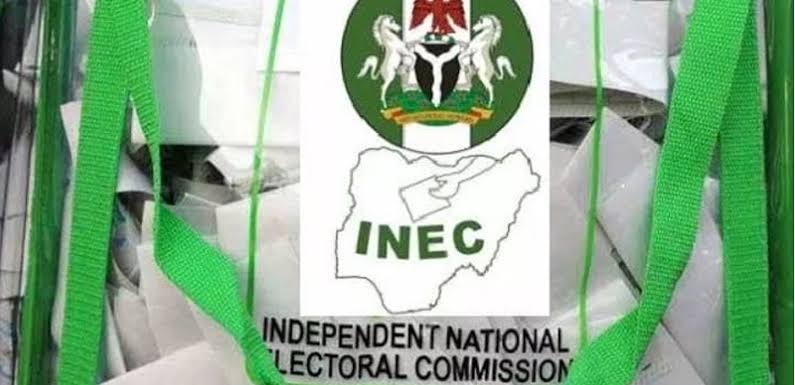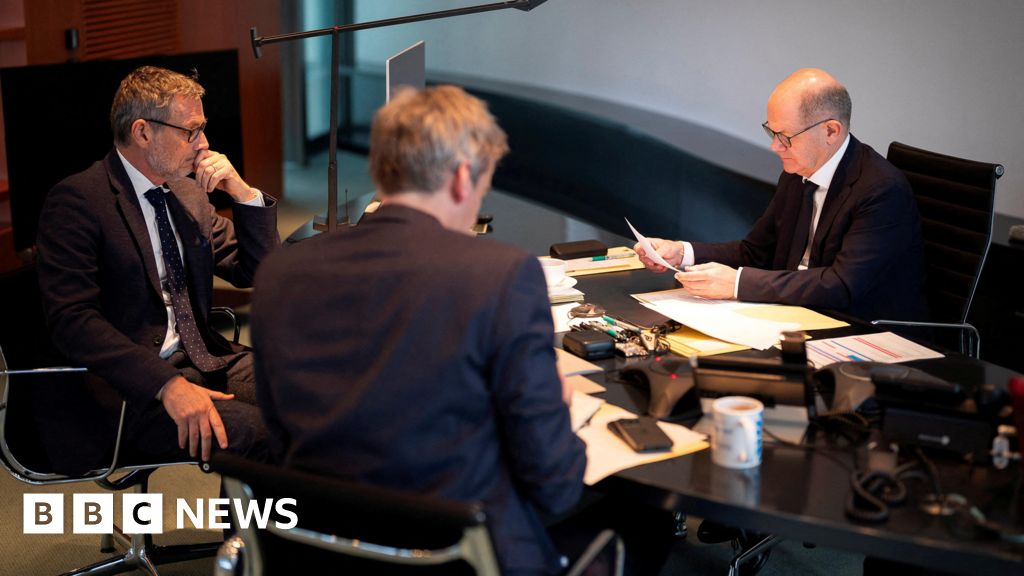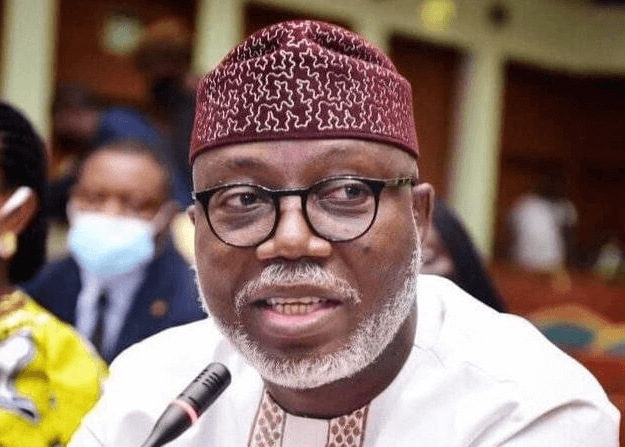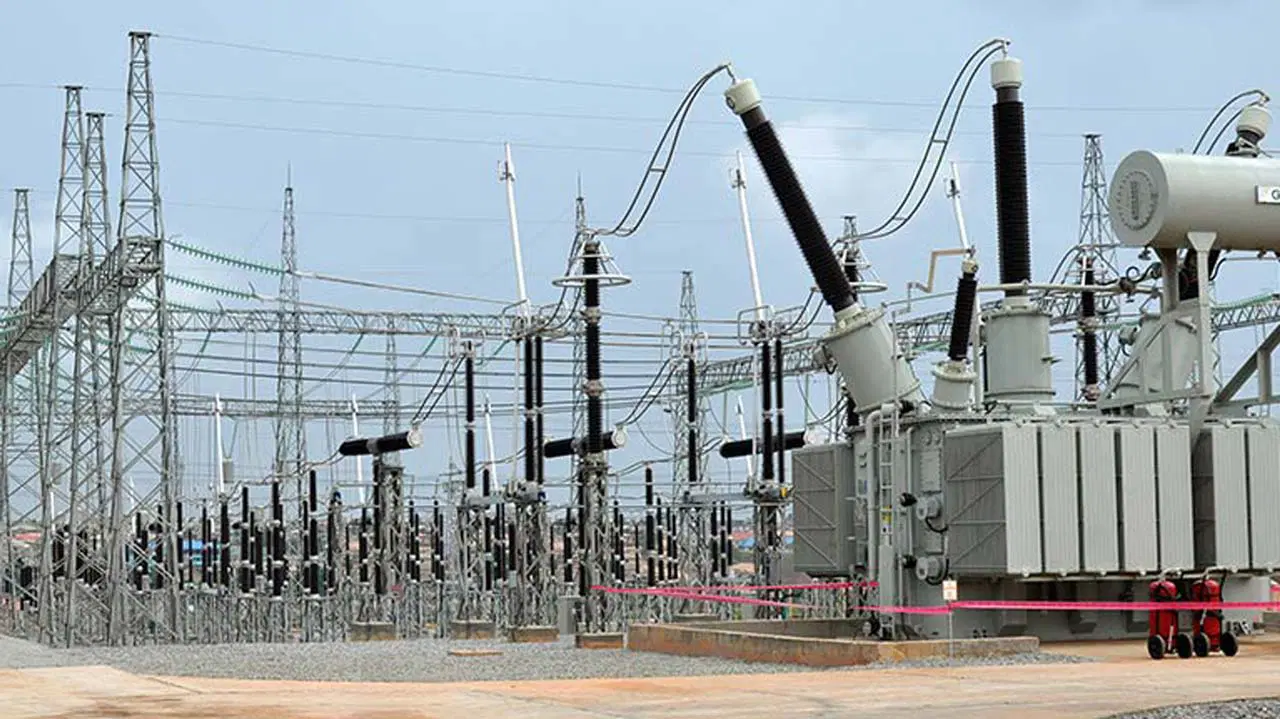In response to widespread protests triggered by a Finance Bill, Kenyan President William Ruto has announced a series of austerity measures aimed at cutting government spending.
The decision followed violent demonstrations that resulted in the deaths of over 23 people and saw protesters breach the National Assembly for the first time in Kenya’s history.
Ruto addressed the nation during an X-Space engagement on Friday, revealing that he had rejected the controversial Finance Bill. “The bill was marred with falsehood and propaganda,” Ruto stated, emphasising that its provisions were intended to create jobs and protect local industries.
The Finance Bill, initially proposed to address Kenya’s growing budget deficit, was met with severe public backlash. The Bill’s rejection has prompted the Ruto administration to explore alternative cost-cutting measures.
Kenya’s public debt currently stands at 68 per cent to GDP, far exceeding the 55 per cent threshold recommended by the World Bank and the International Monetary Fund (IMF).
In a speech delivered at the State House in Nairobi, Ruto outlined the government’s new fiscal strategy, which includes eliminating budgetary provisions for the offices of the First and Second Ladies. “The budgetary provisions for confidential budgets in various executive offices, including my office, shall be removed, and the budget for renovations across the government reduced by 50 per cent,” he announced.
Ruto also declared the dissolution of 47 state corporations with overlapping functions to eliminate their operational and maintenance costs. “Their functions will be integrated into the respective line ministries,” he said, noting that employees from these corporations would be reassigned to other government departments.
Further measures include an immediate halt to the hiring of chief administrative secretaries and a 50 per cent reduction in the number of government advisers. Civil servants aged 60 and above will be required to retire without extensions, and the purchase of new government vehicles will be suspended for a year, excluding security agencies.
Additionally, Ruto mandated the attorney-general to draft legislation to formalize these changes and develop a transparent system for public and charitable contributions.

 4 months ago
37
4 months ago
37















 English (US) ·
English (US) ·